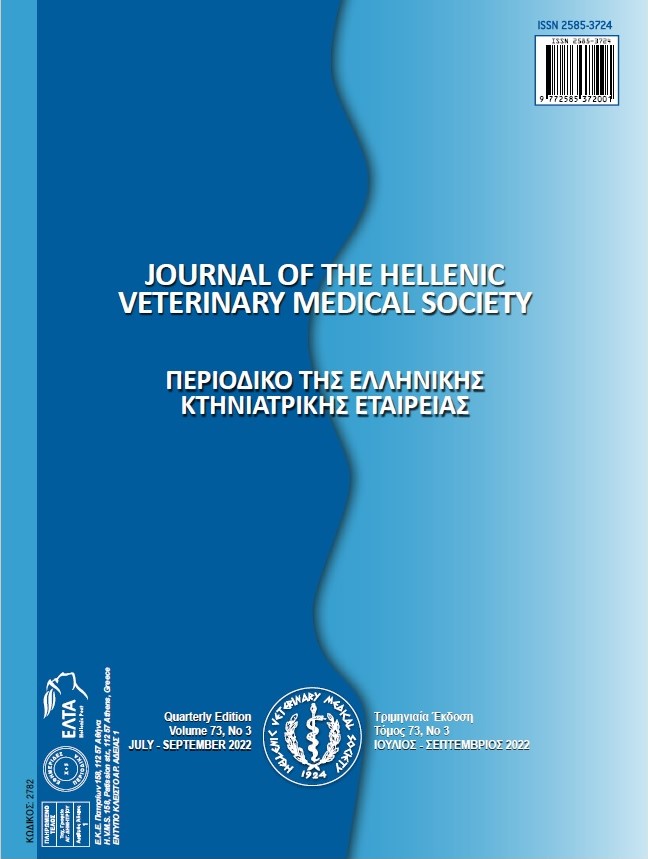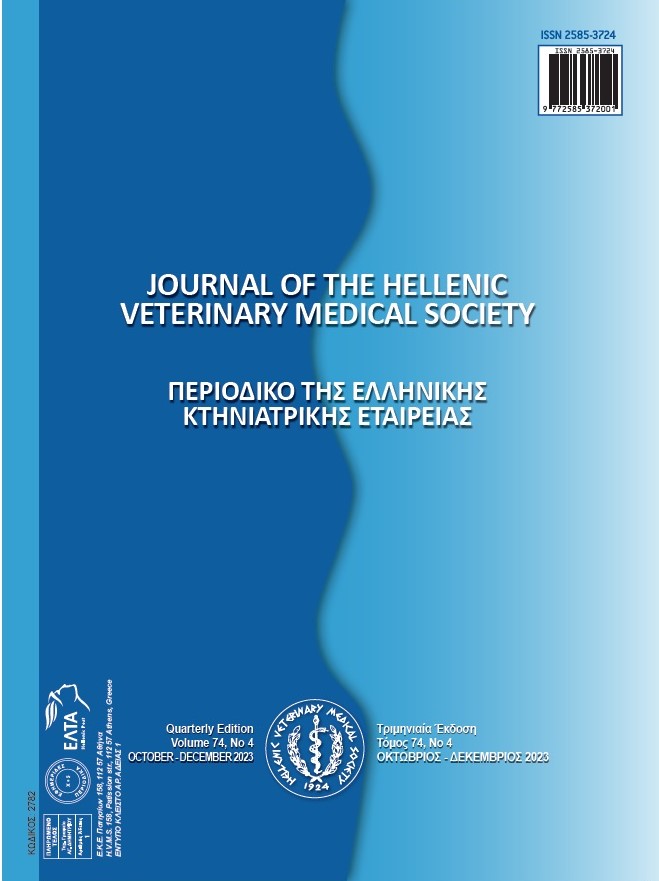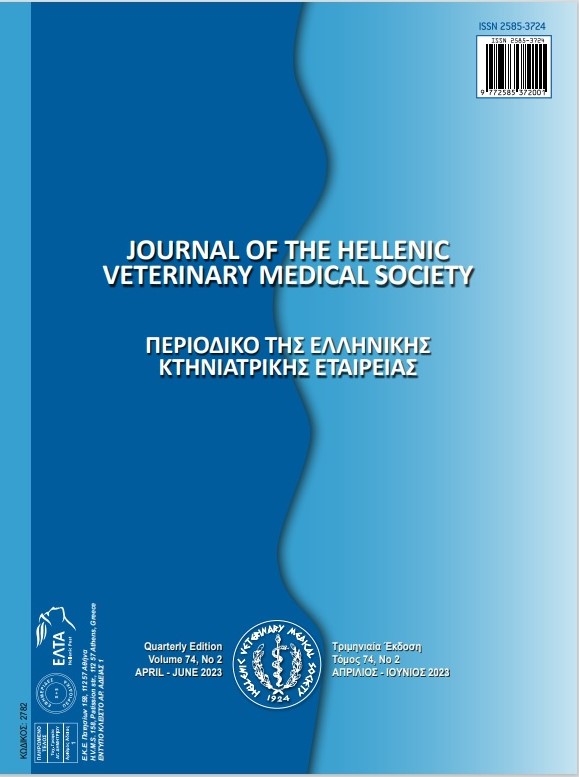Comparison of nano encapsulated thyme essential oils on intestinal microbial population and anti-oxidation status of broilers

Abstract
This study was conducted to evaluate the effects of non and nano-capsulated thyme essential oils with saturated and unsaturated lipids (tallow and canola oil) and two levels of diet crude protein (standard and low than standard) on intestinal microbial population and anti-oxidation status of broilers. In this study, 384 Ross-308 broiler chickens in a factorial engagement of 2×2×2 (2 medicinal plant essential oils, two sources of vegetable oils, and 2 levels of diet crude protein) were used in a completely randomized design with 8 treatments, 4 replicates, and 12 bird in each replicate for 42 days. Experimental periods included starter (1-10 days), grower (11-24 days), and finisher (25-42 days). Canola oil significantly reduced the intestinal coliforms population. In contrast, tallow increased them (P<0.05), a similar effect was observed with thyme forms, so the lowest coliform population blogged to the nano-capsulated form of thyme. In contrast, the highest coliform population resulted in non-capsulated thyme essential oil (P<0.05). In an interaction between thyme essential oil form and diet crude protein level, the lowest coliform population was observed with diet contained nano-capsulated thyme essential oil and low level of diet crude protein (P<0.05). Regarding antioxidant status, reducing the diet crude protein increased MDA and GPX (P<0.05). In an interaction between diet crude protein and thyme form, a diet with low crude protein and capsulated thyme increased the level of SOD (P<0.05). In general, results of the current experiment indicated that in Ross-308, broiler chickens using capsulated thyme essential oil with canola oil and low crude protein improves intestine microbial population and antioxidant status of broilers.
Article Details
- How to Cite
-
Ardabili, M., Nobakht, A., Safamehr, A., Mehmannavaz, Y., & Zanebure, A. (2022). Comparison of nano encapsulated thyme essential oils on intestinal microbial population and anti-oxidation status of broilers. Journal of the Hellenic Veterinary Medical Society, 73(3), 4357–4364. https://doi.org/10.12681/jhvms.26901
- Issue
- Vol. 73 No. 3 (2022)
- Section
- Research Articles

This work is licensed under a Creative Commons Attribution-NonCommercial 4.0 International License.
Authors who publish with this journal agree to the following terms:
· Authors retain copyright and grant the journal right of first publication with the work simultaneously licensed under a Creative Commons Attribution Non-Commercial License that allows others to share the work with an acknowledgement of the work's authorship and initial publication in this journal.
· Authors are able to enter into separate, additional contractual arrangements for the non-exclusive distribution of the journal's published version of the work (e.g. post it to an institutional repository or publish it in a book), with an acknowledgement of its initial publication in this journal.
· Authors are permitted and encouraged to post their work online (preferably in institutional repositories or on their website) prior to and during the submission process, as it can lead to productive exchanges, as well as earlier and greater citation of published work.




